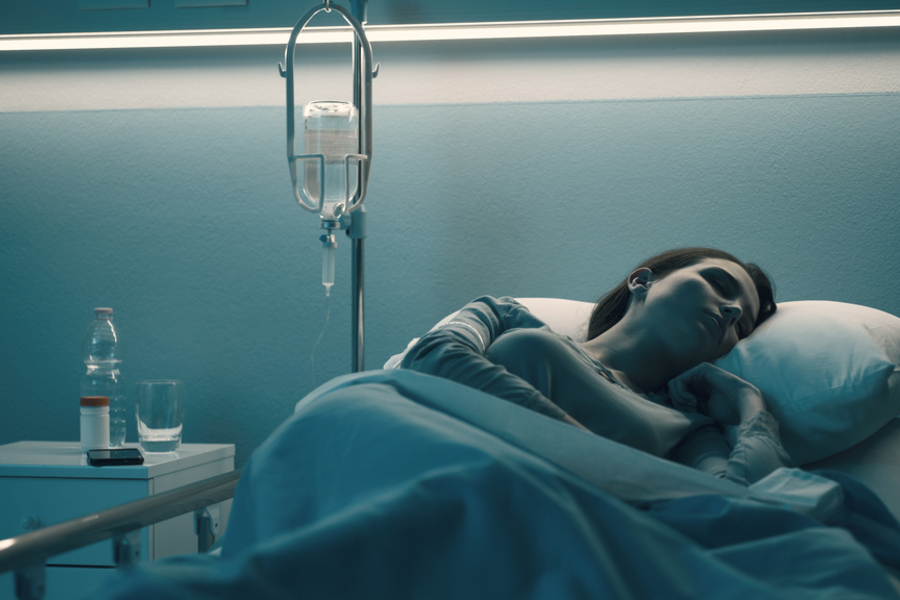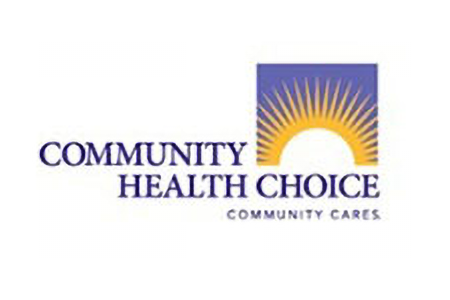Post Intensive Care Syndrome
What is Post Intensive Care Syndrome (PICS)
EVERY YEAR, ABOUT 6 million people are admitted to intensive care units with a life-threatening illness. As medical technology advances, more people survive conditions that once would have been fatal. However, about half of these ICU survivors develop some form of cognitive, psychosocial and physical deficits in a condition known as post-intensive care syndrome, or PICS.
Common symptoms of PICS are:
- Cognitive decline/impairments.
- Psychiatric disorders.
- Cognitive decline/impairments.
- Psychiatric disorders.
How Does Post-ICU Syndrome Affect Families?
We know that the family is the unit of care. We know that upon discharge from the ICU, the patient will require an extended period of time to recover, and returning to their health as it was before their illness may never be achieved. The same is true for the family. While family caregivers are initially relieved and so glad that their loved one is "out of the woods "and leaving the ICU, a new world is just beginning, and the adjustments can be difficult to navigate, let alone recognize.
The person who was in the ICU is no longer "just" the spouse, parent or child – he or she is now a person with multiple needs and, in fact, still a patient. The caregiver is now thrust into a role that he or she is not necessarily equipped to deal with, especially without the support and all-encompassing care of the ICU staff. It's a caregiver discharge as well as a patient discharge, and often, we forget about that person or people.
After discharge from the ICU is when caregivers frequently realize just how exhausted they are: physically and emotionally, and perhaps there's a financial toll, as well. Caregivers often take off from work for extended periods of time when their loved one is critically ill, and the family's financial situation may have taken a hit.
In the throes of a medical crisis, the focus is intently on the patient, as is necessary, while the needs of the caregiver are often ignored. This can lead to a set of psychological symptoms that family members frequently experience but don't have a means to express. This condition is known as post-intensive care syndrome – family, or PICS-F.
Coronavirus patients could suffer from post-intensive care syndrome.
Coronavirus patients who require treatment in an intensive care unit could suffer from post-intensive care syndrome (PICS), experts say.
In general, patients who require intensive care are at risk for mental health issues such as post-traumatic stress disorder, anxiety and depression when their treatment is over, according to Weill Cornell Medicine at Cornell University. They also can suffer cognitive impairment and physical limitations.
If you or someone you love are struggling with PICS or any other mental health issue, LET US HELP. Give us a call at 1-888-98-TODAY. Feel free to fill out the new contact form listed under the Contact Us tab at the top of the Texas Care website for more information on how we can better serve you. It’s quick and confidential.




